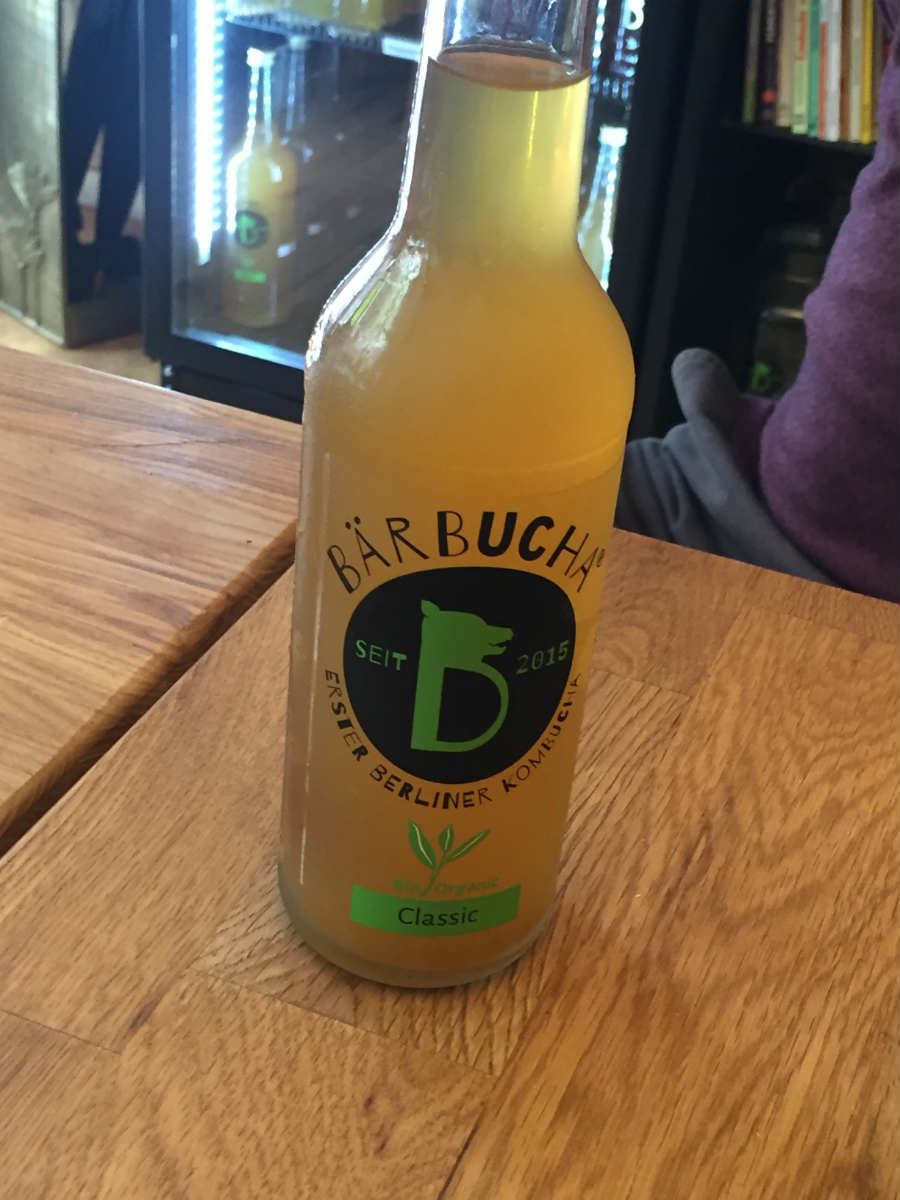
Kombucha has always been touted for its health benefits—sometimes based on clinical research, sometimes based on the wisdom of the foodie forward crowd. In reality, recent studies find some unexpected benefit from the probiotic component in this popular fizzy brew.
As we age, it’s a fact our bones lose their calcium composition which can lead to such issues as obstreperous and osteopenia. With either of these maladies, bones become brittle and subject to fractures and other related problems. A study from the University of Gothenberg which was published in the Journal of Internal Medicine found that the probiotic strain Lactobacillus reuteri is effective at significantly cutting bone loss.
Lactobacillus reuteri is not only found in kombucha but also in such fermented foods as kimchi and miso soup.
Before rushing out to supplement your kombucha supply to keep your bones strong and supple, keep in mind that selecting a bottle (or can) that uses green tea as its base can offer your health benefits beyond a strong gut. Green tea has bioactive compounds that can do everything from reducing cell damage, offer powerful antioxidants, and provide a form of caffeine that stimulates your brain without giving you the jitters associated with coffee.
A British Heart Foundation study has found a “compound found in green tea, currently is being studied for its ability to reduce amyloid plaques in the brain in Alzheimer’s disease, also breaks up and dissolves potentially dangerous protein plaques found in the blood vessels.”
A few notable brands that offer flavors made with green tea include Wonder Drink Kombucha, CommuniTea, and if you find yourself in Germany (especially Berlin), Barbucha. Read the label of your favorite brew to see if it uses green tea in one of its offerings
